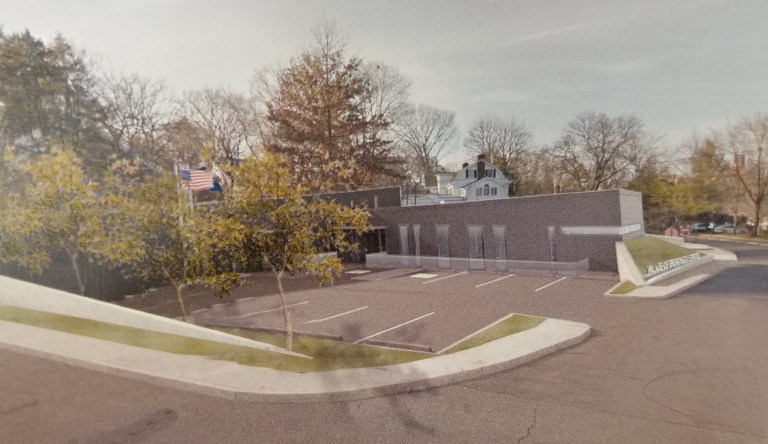
Great Neck Estates set the stage for a prohibition on recreational marijuana Monday night, setting a public hearing date of April 8 for a law that would ban its sale within the village.
Attorney A. Thomas Levin said the law is a zoning change that would bar any property within the village from selling or dispensing recreational marijuana or any other substance that is illegal under state or federal law.
“Marijuana remains a schedule 1 drug under federal law and it is illegal to possess it, grow it, sell it or dispense it,” Levin said. “So this law would make it illegal to do that in the village regardless.”
This proposal comes as other North Shore villages and the Town of North Hempstead have moved to regulate the sale of marijuana in anticipation of New York state legalizing the drug for recreational use.
The Village of Munsey Park, for example, voted to ban marijuana, while the villages of Mineola, Floral Park, New Hyde Park have changed their zoning to limit marijuana dispensaries to certain parts of their villages.
The Town of North Hempstead also unanimously voted to ban the sale of recreational marijuana while capping medical marijuana dispensaries at two and limiting them to a handful of industrial areas in the unincorporated parts of town.
The Village of Williston Park approved a law to limit the sale and distribution of marijuana and marijuana-related products in retail and non-medical settings.
The Town of Hempstead to the south is also considering a year-long moratorium on recreational marijuana sales as Nassau County’s marijuana task force mulls how municipalities should move forward.
In unrelated business, architect Stuart Narofsky discussed the next steps village trustees could take on the possible construction of a new village hall.
Narofsky, who last presented more than a year ago, said the Great Neck Estates trustees should “proceed very cautiously” and soon enter a pre-design phase where a team could carefully analyze the stylistic design and come up with a proper cost.
According to a building concept plan by Narofsky Architecture, the building could be built into the grade – the terrain has an incline – with a green roof, solar panels, rainwater harvesting and other features. It would also potentially increase the usable space from 6,000 square feet to 10,000 square feet and have a full basement.
“The idea of the building is to be very sustainable,” Narofsky said.
Trustees said that over the last 20 years, costs for maintaining the current village hall have averaged $50,000 per year – for a total of $1 million. The new building would meanwhile be more sustainable, use less energy, and incorporate every department except for public works, he said.
Narofsky also said that to address all the current needs of village hall, it would likely cost around $800,000.
The new village hall would probably be placed closer toward the commercial end of town at a site where police cars usually park.
The police department building could be repurposed, while the old village hall could be sold to help pay for the new hall, trustees said.
In other unrelated village business, Great Neck Estates trustees approved an approximately $742,000 contract with Vigilant Fire Company to provide ambulance and fire service for the village.
“I think the most important thing is they do a good job,” Deputy Mayor Jeffrey Farkas said when the slight increase to the cost was discussed.
The trustees also repealed a law that would have allowed them to exceed the state property tax cap.
The next Board of Trustees meeting will take place on Monday, March 11, at 8 p.m. The public hearing for potentially prohibiting marijuana will be on Monday, April 8.






